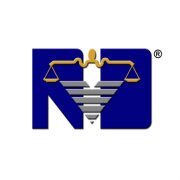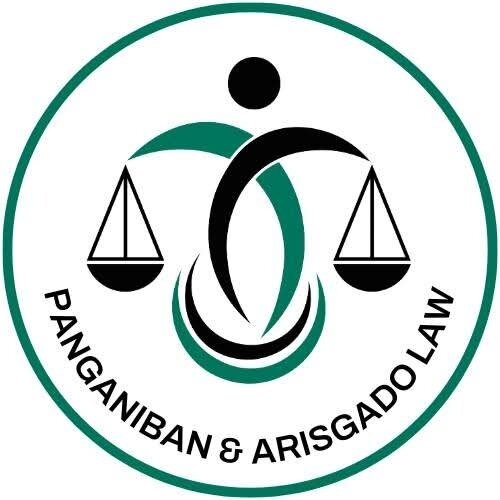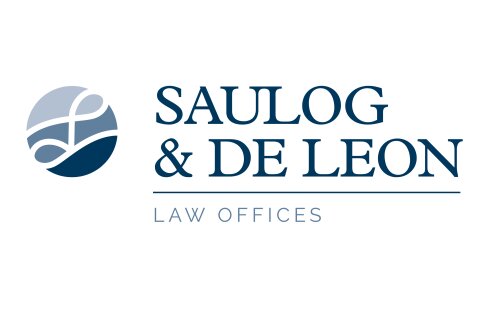Best Nursing Home Abuse Lawyers in Philippines
Share your needs with us, get contacted by law firms.
Free. Takes 2 min.
Or refine your search by selecting a city:
List of the best lawyers in Philippines
About Nursing Home Abuse Law in Philippines
Nursing home abuse in the Philippines is an issue that concerns various forms of maltreatment that residents of nursing homes might experience. This includes physical, emotional, or sexual abuse, as well as neglect and financial exploitation. Protecting the elderly and vulnerable adults is of utmost importance, and laws are in place to uphold the rights and dignity of nursing home residents. Awareness of these issues has grown, prompting a stronger legal framework to address and prevent abuse.
Why You May Need a Lawyer
There are several situations in which you might require legal help for nursing home abuse in the Philippines:
- If you suspect that your loved one is experiencing any form of abuse or neglect in a nursing home.
- If there are signs of physical harm, psychological distress, or financial irregularities.
- If the nursing home fails to provide adequate care or violates resident rights.
- To navigate the complexities of legal claims and to ensure that perpetrators are held accountable.
- To obtain compensation for damages or to ensure corrective measures are implemented.
Local Laws Overview
The Philippines has specific laws to protect elderly citizens, including those in nursing homes. Key legislation that addresses issues of abuse includes:
- Republic Act No. 9257: Also known as the Expanded Senior Citizens Act of 2003, it promotes the welfare and rights of senior citizens, specifically against abuses.
- Anti-Violence Against Women and Their Children Act: Though primarily targeted at domestic abuse, it can apply to vulnerable adults in care settings.
- Various Department of Social Welfare and Development (DSWD) regulations: These regulations uphold the standards of care that must be provided in nursing homes.
Frequently Asked Questions
What constitutes nursing home abuse?
Any intentional or negligent act by a caregiver that causes harm to a nursing home resident, including physical, emotional, sexual abuse, neglect or financial exploitation, may constitute nursing home abuse.
What are the signs of nursing home abuse?
Signs include unexplained injuries, sudden emotional withdrawal, signs of negligence such as bedsores, and unusual financial transactions.
How can I report suspected nursing home abuse?
Contact local authorities or the Department of Social Welfare and Development (DSWD). Document your observations and gather any relevant evidence.
What legal actions can I take?
You can file a complaint with the appropriate regulatory agency, pursue civil litigation for damages, or seek criminal prosecution against the perpetrators.
Is there a time limit for filing a nursing home abuse lawsuit?
Yes, the statute of limitations in abuse cases may vary, so it's crucial to consult with a lawyer promptly.
Can I take legal action if the abuse happened years ago?
It might be challenging due to the statute of limitations, but consulting a lawyer can provide clarity based on specific case details.
What type of compensation might be available?
Victims may be entitled to compensation for medical expenses, pain and suffering, emotional trauma, and punitive damages.
Can the nursing home be held liable for abuse conducted by an employee?
Yes, the facility can be held liable if they were negligent in hiring, supervision, or if they failed to implement adequate security measures.
Are there any government bodies overseeing nursing home operations?
Yes, the Department of Social Welfare and Development (DSWD) monitors and regulates nursing homes to ensure compliance with laws.
How can I ensure my loved one is safe in a nursing home?
Regular visits, communication, and being observant of changes in health or behavior can help ensure your loved one's safety. Also, verify the facility's licensure and reputation.
Additional Resources
Here are some resources that may be helpful:
- Department of Social Welfare and Development (DSWD): The primary regulatory body for social welfare services, including the oversight of nursing homes.
- Commission on Human Rights (CHR): Offers protection and advocacy for the rights of all individuals, particularly the vulnerable.
- Legal Aid Organizations: Providing free legal assistance to those who cannot afford it, often available through universities or non-government organizations.
Next Steps
If you suspect nursing home abuse, it's critical to take immediate action:
- Document The Abuse: Keep detailed records of signs, dates, conversations, and any physical evidence.
- Consult a Lawyer: Seek legal advice to understand your rights, options, and to handle the situation effectively.
- Report The Abuse: Contact the DSWD or local authorities to file a formal complaint and initiate an investigation.
- Consider Moving Your Loved One: If safety is a concern, explore alternative care options to ensure their well-being.
Taking timely legal action not only helps your loved one but also contributes to improving the standards and protections for all residents of nursing homes in the Philippines.
Lawzana helps you find the best lawyers and law firms in Philippines through a curated and pre-screened list of qualified legal professionals. Our platform offers rankings and detailed profiles of attorneys and law firms, allowing you to compare based on practice areas, including Nursing Home Abuse, experience, and client feedback.
Each profile includes a description of the firm's areas of practice, client reviews, team members and partners, year of establishment, spoken languages, office locations, contact information, social media presence, and any published articles or resources. Most firms on our platform speak English and are experienced in both local and international legal matters.
Get a quote from top-rated law firms in Philippines — quickly, securely, and without unnecessary hassle.
Disclaimer:
The information provided on this page is for general informational purposes only and does not constitute legal advice. While we strive to ensure the accuracy and relevance of the content, legal information may change over time, and interpretations of the law can vary. You should always consult with a qualified legal professional for advice specific to your situation.
We disclaim all liability for actions taken or not taken based on the content of this page. If you believe any information is incorrect or outdated, please contact us, and we will review and update it where appropriate.
Browse nursing home abuse law firms by city in Philippines
Refine your search by selecting a city.
















